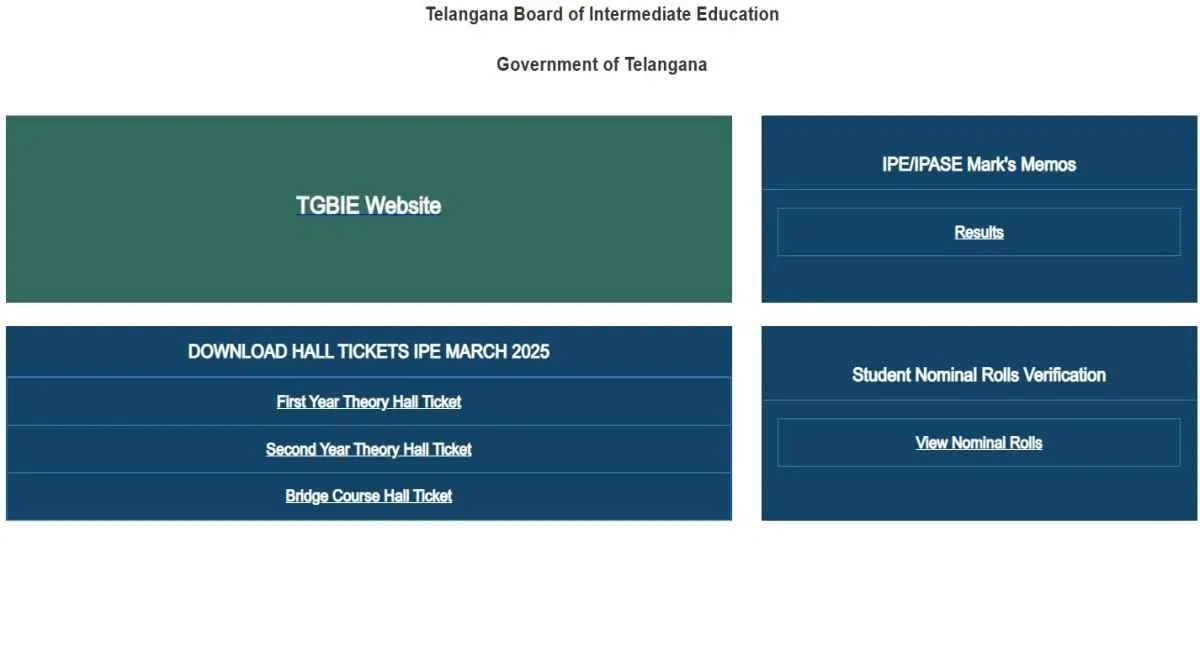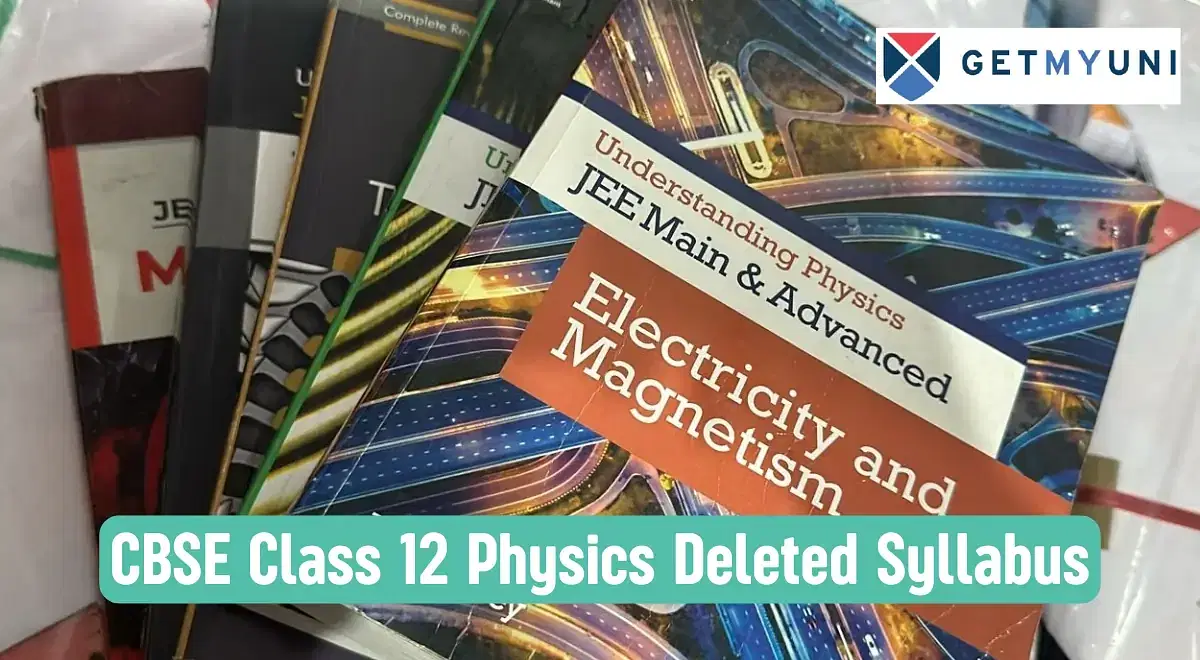CBSE Class 12th Maths Syllabus 2024-25 is divided into six units. Some of the important chapters include Relations and Functions, Applications and Derivatives, Vectors, and more.
CBSE Class 12th Maths Syllabus 2024-25 Relations and Functions, Algebra, Calculus, Vectors and Three-Dimensional Geometry, Linear Programming, and Probability. The syllabus aids in scoring and helps with regular practice, providing a clear and in-depth knowledge of the concepts and memorizing formulas. CBSE Maths Syllabus 2024-25 to plan their academic year and score good marks.
CBSE Class 12th Maths Syllabus 2024-25
The CBSE Class 12th Maths Syllabus 2024-25 is given below. It is advised to the students to read the entire file thoroughly and note down important points for future reference.
| Units | Concepts | Period |
| Relations and Functions | Relations and Functions | 15 |
| Inverse Trigonometric Functions | 15 | |
| Algebra | Matrices | 25 |
| Determinants | 25 | |
| Calculus | Continuity and Differentiability: | 20 |
| Applications of derivatives | 10 | |
| Integrals | 20 | |
| Applications of the Integrals | 15 | |
| Differential Equations | 15 | |
| Vectors and Three-Dimensional Geometry | Vectors | 15 |
| Three-dimensional Geometry | 15 | |
| Linear Programming | 20 | |
| Probability | 30 | |
| TOTAL | 240 | |
Also Read: CBSE Class 12 Maths Deleted Syllabus 2024-25
Unit-Wise Marks Distribution of CBSE Class 12th Maths
Students can refer to the unit-wise marks distribution of the CBSE Class 12th Maths Syllabus 2024-25 to prepare for the examinations and focus on important topics.
| No. | Unit Name | No. of Periods | Marks Allotted |
| I. | Relations and Functions | 30 | 8 |
| II. | Algebra | 50 | 10 |
| III. | Calculus | 80 | 35 |
| IV. | Vectors and Three-Dimensional Geometry | 30 | 14 |
| V. | Linear Programming | 20 | 5 |
| VI. | Probability | 30 | 8 |
| Total | 240 | 80 | |
| Internal Assessment | 20 | ||
Also Read: CBSE Maths Marks Distribution for Class 12 2024-25
CBSE Class 12th Maths - Prescribed Books
Students must first practice from the prescribed books and then move to other reference books for further preparations from the CBSE Class 12th Maths Syllabus 2024-25.
- Mathematics Part I - Class XII Textbook, NCERT Publication
- Mathematics Part II - Class XII Textbook, NCERT Publication
- Mathematics Exemplar Problem for Class XII, Published by NCERT
- Mathematics Lab Manual Class XII, Published by NCERT
Also Read: Best Reference Books CBSE Class 12th
CBSE Class 12th Maths Question Paper Design
There will be no overall choice in the question paper. However, 33% of internal choices will be given in all the sections from the CBSE Class 12th Maths Syllabus 2024-25 itself.
The table below explains the CBSE class 12th Mathematics question paper design for students' understanding.
| S. No. | Types of Questions | Total Marks | Weightage (%) |
| 1. | Remembering: Exhibit memory of previously learned material by recalling facts, terms, basic concepts, and answers. Understanding: Demonstrate understanding of facts and ideas by organizing, comparing, translating, interpreting, giving descriptions, and stating main ideas | 44 | 55 |
| 2. | Applying: Solve problems to new situations by applying acquired knowledge, facts, techniques, and rules in a different way. | 20 | 25 |
| 3. | Analyzing: Examine and break information into parts by identifying motives or causes. Make inferences and find evidence to support generalizations Evaluating: Present and defend opinions by making judgments about information, validity of ideas, or quality of work based on a set of criteria. Creating: Compile information together in a different way by combining elements in a new pattern or proposing alternative solutions | 16 | 20 |
| Total | 80 | 100 |
Also Read: Passing Marks in CBSE Class 12th 2024
CBSE Class 12th Maths Internal Assessment
The CBSE class 12th Maths internal assessment comprises periodic tests and Maths activities.
| Internal Assessment | Marks |
| Periodic Tests | 10 |
| Maths Activities | 10 |
Conduct of Periodic Tests:
The periodic test is a pen-and-paper assessment that is to be conducted by the respective subject teacher. The format of the periodic tests must have question items with a balanced mix, such as very short answer (VSA), short answer (SA), and long answer (LA) to effectively assess knowledge, understanding, application, skills, analysis, evaluation, and synthesis.
Depending on the nature of the subject, the subject teacher will have the liberty of incorporating any other types of questions too. PT modalities are as follows:
a) Mode: The periodic test is to be taken in the form of a pen-paper test.
b) Schedule: For the entire Academic Year, three Periodic Tests in each subject may be conducted as follows:
| Test | Pre-Mid Term (PT-I) | Mid-Term (PT-II) | Post Mid-Term (PT-III) |
| Tentative Month | July- August | November | December-January |
This is only a suggestive schedule, and schools may conduct periodic tests at their convenience. Winter-bound schools will develop their own schedules with similar time gaps between two consecutive tests.
c) Average of Marks: Once schools complete the conduct of all three periodic tests, they will convert the weightage of each of the three tests into ten marks each for identifying the best two tests. The best two will be considered, and the average of the two shall be taken as the final marks for PT.
d) The school will ensure simple documentation to keep a record of performance as suggested in detailed circular no.Acad-05/2017.
e) Sharing of Feedback/Performance: The student's achievement in each test must be shared with the students and their parents to give them an overview of the level of learning that has taken place during different periods. Feedback will help parents formulate interventions (conducive ambiance, support materials, motivation, and morale-boosting) to enhance my learning further. Teachers should be empathetic, non-judgmental, and motivating while sharing feedback with students or parents. It is recommended that the teacher shares the best examples/performances of IA with the class to motivate all learners.
Assessment of Activity Work:
Throughout the year, any 10 activities shall be performed by the student from the activities given in the NCERT Laboratory Manual for the respective class (XI or XII). A record of the same may be kept by the student. A year-end test on the activity may be conducted per the CBSE Class 12th Maths Syllabus 2024-25. The weightage is as under:
- Activities performed by the student throughout the year and record keeping: 5 marks
- Assessment of the activity performed during the year-end test: 3 marks
- Viva: 2 marks
Related Links

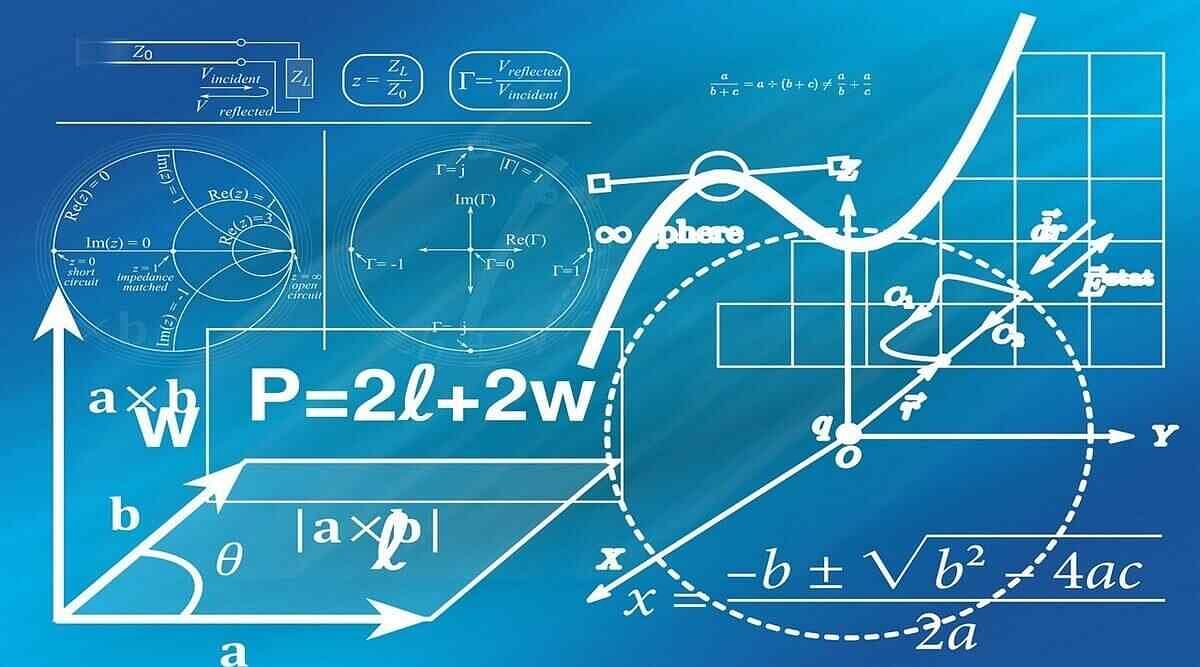





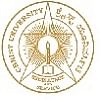
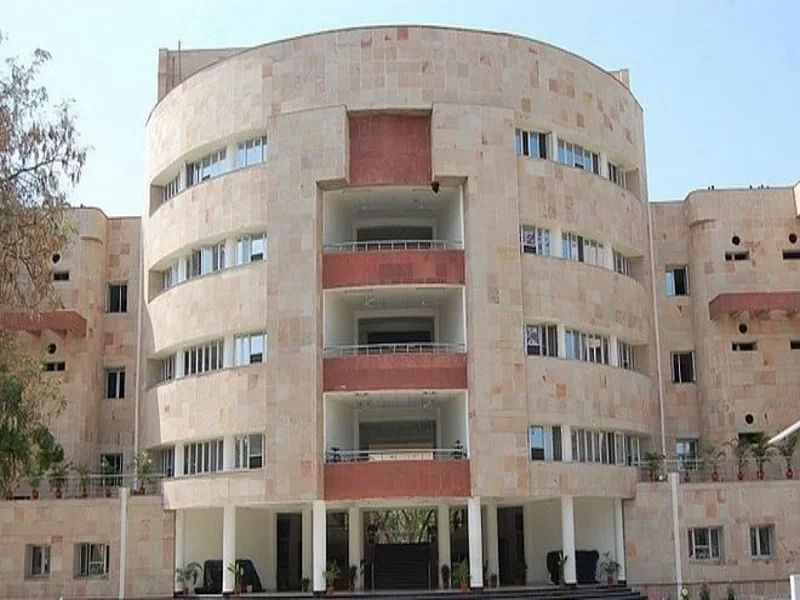
![Motilal Nehru National Institute of Technology, [MNNIT] Allahabad](https://media.getmyuni.com/azure/college-image/small/motilal-nehru-national-institute-of-technology-mnnit-allahabad.webp)





